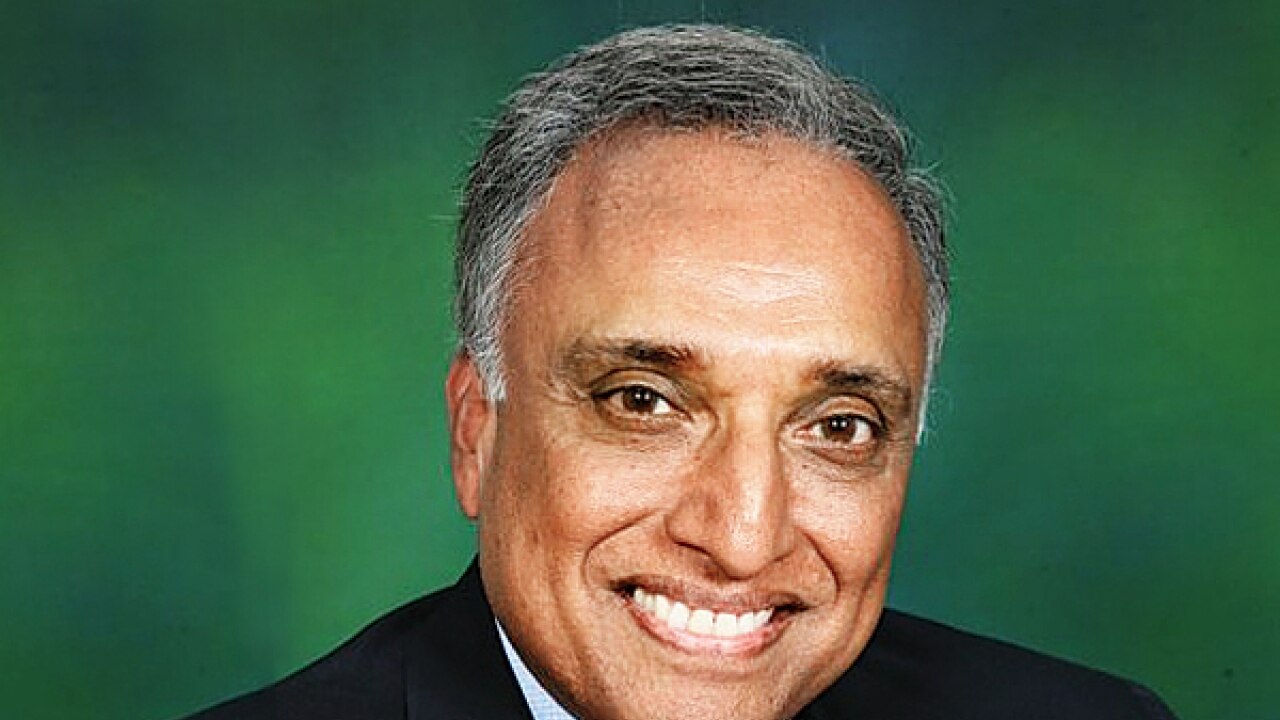
How would you define Net Neutrality? Do you support it?
We are all in for an open access internet. The government, too, has emphasised on an open access internet. Above and beyond that, the concept of Net Neutrality is country specific, with different laws and regulations. Just as the laws pertaining to freedom of speech in India are not as the ones in the US.
You have said that net opportunity is of bigger importance than Net Neutrality. How would you differentiate between the two?
What we have said, instead, is that net opportunity is adjunct to Net Neutrality. The term should be broadened to include net opportunity. People espousing Net Neutrality in India say that everyone who has access to the internet should have access to every website or application, and we are not denying that. What we are asking is what about the 1 billion people in India that do not have any access; they, too, must have access to the internet. For instance, if the government announces that education is a national priority, and has two websites on it. Then, ideally, one must prioritise access to these sites over someone trying to access an YouTube clip. Facebook has a similar argument with their internet.org project. But critics argue about the profit motives of Facebook and the ISPs behind it.
Facebook has a similar argument with their internet.org project. But critics argue that the players helping Facebook roll out the project have profit motives in mind, not to forget Facebook’s own.
Zero rating, simply put, is subsidised data usage. Look at the most liberal understanding of the concept, in the US, and even the Federal Communications Commission (FCC) has said that zero rating does not counter Net Neutrality. If you choose to zero rate and do not interfere, there is no violation. However, if a consumer has a complaint, or it hurts competition or profit, there is a problem. The problem here is that most of it is allegation of an impact; but let's not assume. If there is a danger that it could happen, then let's look at it under the law then.
Won't that kill the cash-strapped start-up in some nondescript part of the country, that might have the potential to be the next Facebook?
Why don’t we apply the same argument to the retail industry?There are so many apparel companies that offer 70% off on the retail price. But those that sell shoddy products, do not make it. When WhatsApp came up, it stood up to a giant like Skype which was free. WhatsApp's superior offerings ensured its success.
You have said that the industry incurs a lot of money on rolling out infrastructure, on buying spectrum, etc. But the bigger telecom players have steadily been making money in the last few years, owing mostly to the huge mobile phone consumer base of 950 million subscribers. How is the revenue/profit affected in any case by changes regulations?
No company is in it for charity. Any company, to be in the business, needs huge investments. The government says that it needs at least Rs 8 lakh crore to begin rolling out spectrum. 80% of that cost will be borne by telecos, who will also bear the costs of the fibre optics, marketing etc. An investor, who is putting his money in a telecom company, is looking to a wright of return on a risk-free investment. So, a teleco is out there soliciting customers, paying investors and dealing with the government.
The revenues are rising, true, but if you do the math and check the financial statements we have put out there, you will see that the rate of interest is still a single digit one. Investors are still putting in the money, because of the business they have been doing with us. If they put their money in a financial organisation, they will earn more.
Is that why the telecos have asked for a hike of calling rates? Will we have an increase of 1.3 paise per minute on calls, or more?
There has been no commitment on the amount of increase yet. The government does not want it to go beyond 1.3paise per unit, while both TRAI and COAI have suggested an increase of 12 to 13%. Look at the inflation in the last few years, prices have gone up everywhere. Why not in calling rates then?